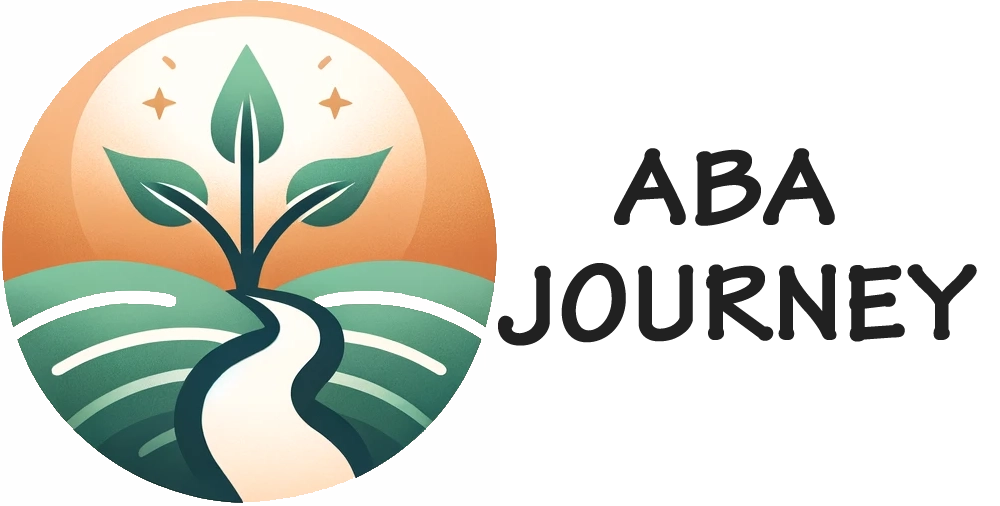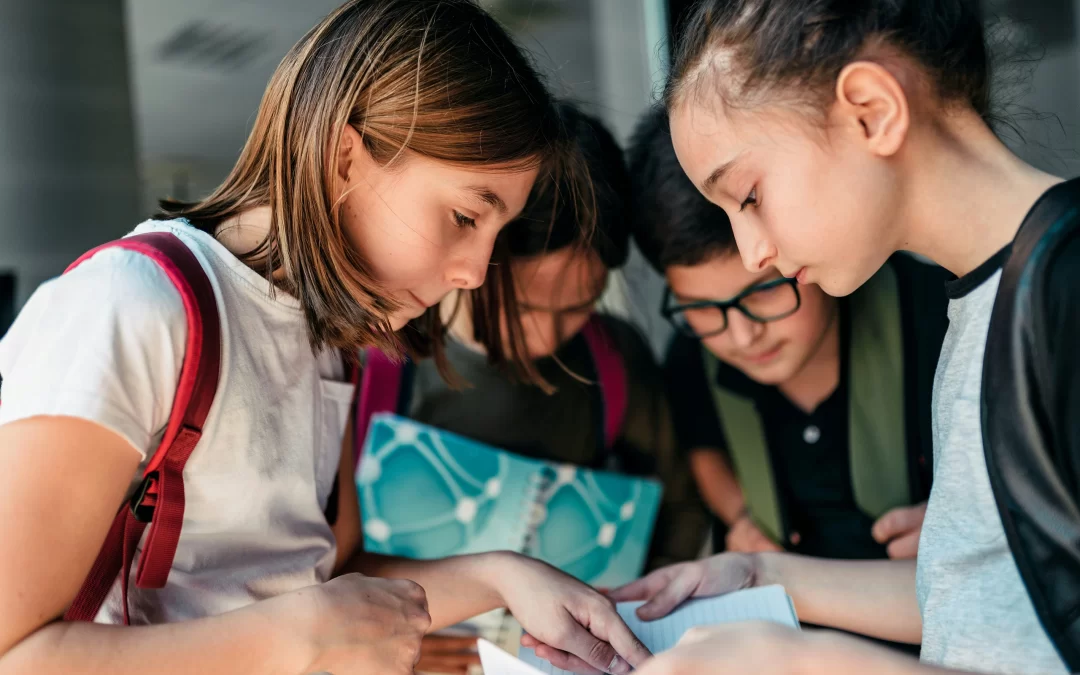Enhancing Social Skills and Understanding Why It’s Important
Social skills are vital for building relationships, engaging in community activities, and functioning effectively within group settings. For individuals with Autism Spectrum Disorder (ASD), these skills can be particularly challenging to develop. Many individuals with ASD struggle with understanding social cues, grasping others’ perspectives, and participating in reciprocal interactions. These difficulties can lead to social isolation and hinder their ability to integrate into various social contexts, and this is why enhancing social skills is important.
Social skills encompass a broad range of abilities, including nonverbal communication (such as eye contact and body language), verbal communication (such as conversation skills and turn-taking), and understanding social norms and rules. The development of these skills is crucial for improving the overall quality of life for individuals with ASD, enabling them to build meaningful relationships and participate more fully in their communities.
Techniques Used by Therapists to Enhance Social Skills
Therapists employ various techniques to help individuals with ASD improve their social skills. These techniques are tailored to meet the unique needs of each individual and are implemented primarily by Board Certified Behavior Analysts (BCBAs) and Registered Behavior Technicians (RBTs). However, other professionals might also be involved. The following are key techniques used in social skills training:
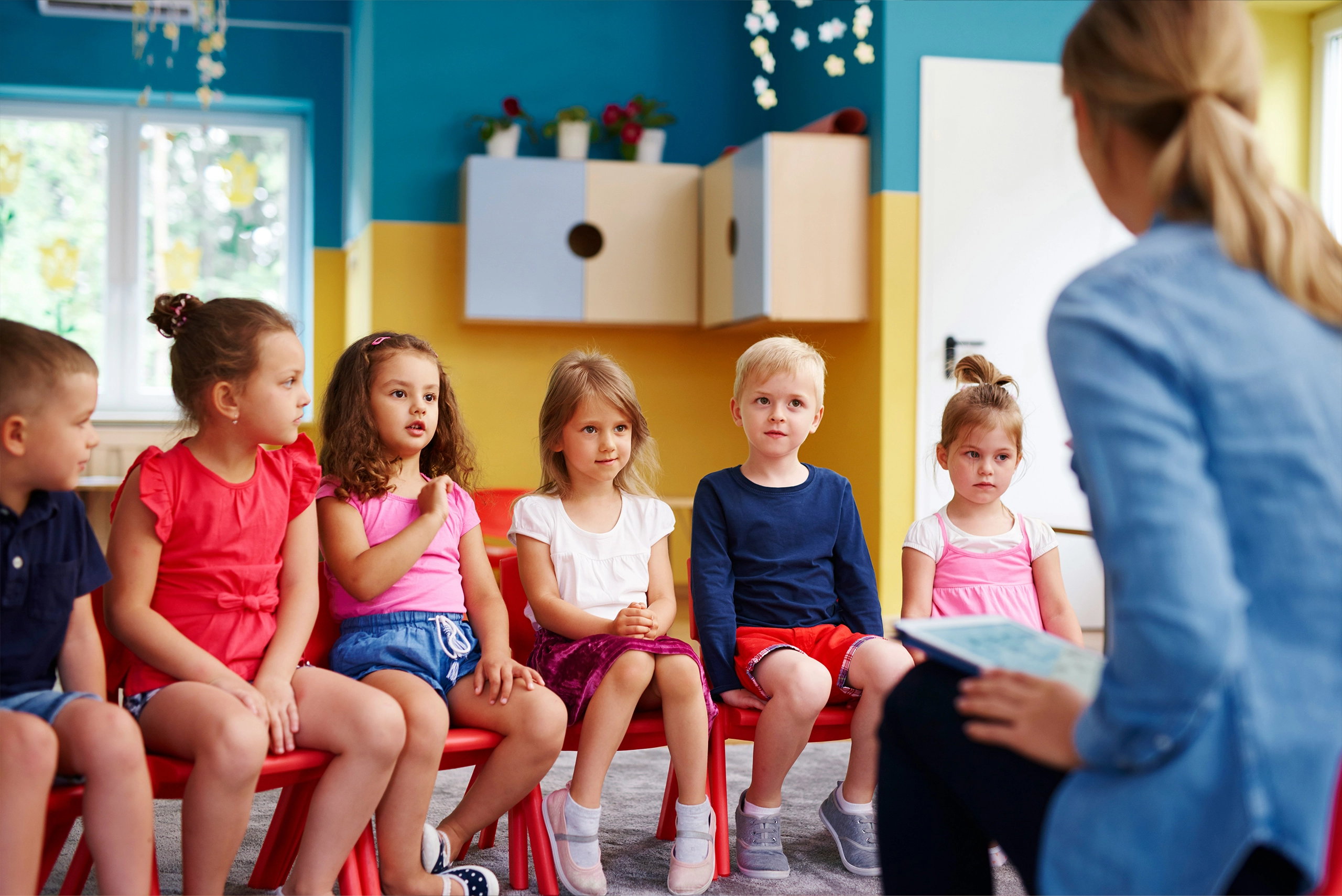
Social Skills Training
Performed by: BCBAs and RBTs
Description: Social skills training involves structured sessions designed to teach specific social behaviors. These sessions focus on essential skills such as taking turns, initiating and maintaining conversations, understanding body language, and responding appropriately in social situations. Techniques such as role-playing, modeling, and practice in real-life scenarios are commonly used. For instance, a therapist might role-play a conversation with the individual, providing feedback and guidance to help them improve their interaction skills.
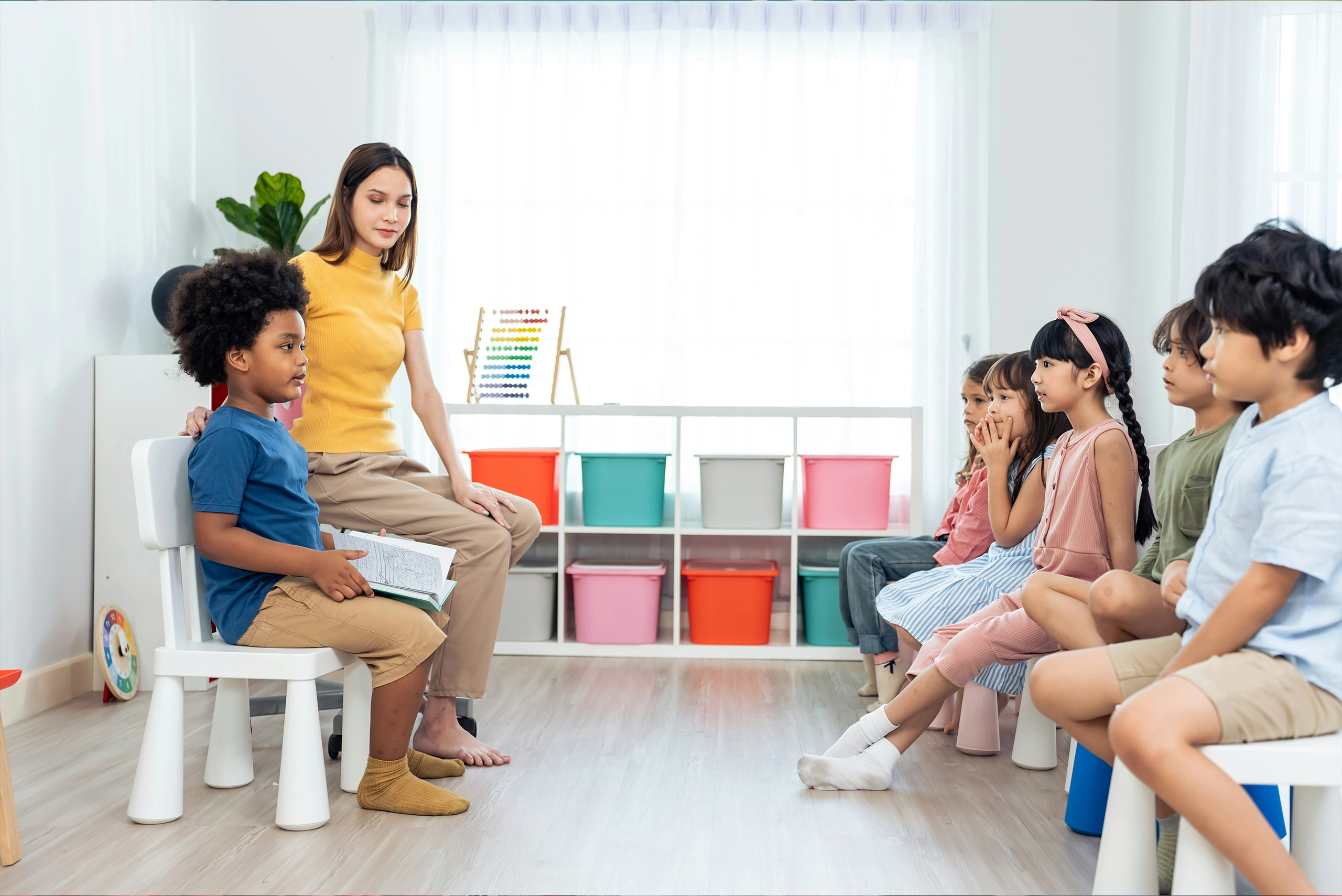
Peer-Mediated Interventions
Performed by: BCBAs (RBTs can be implemented under supervision)
Description: Peer-mediated interventions involve typically developing peers who interact with individuals with ASD to model and reinforce appropriate social behaviors. This approach creates naturalistic learning opportunities, where the individual with ASD can observe and imitate their peers in a social setting. For example, a peer might demonstrate how to join a group activity or start a conversation, providing a real-life context for learning and practicing social skills.
Peer-Mediated Interventions
Performed by: BCBAs (RBTs can be implemented under supervision)
Description: Peer-mediated interventions involve typically developing peers who interact with individuals with ASD to model and reinforce appropriate social behaviors. This approach creates naturalistic learning opportunities, where the individual with ASD can observe and imitate their peers in a social setting. For example, a peer might demonstrate how to join a group activity or start a conversation, providing a real-life context for learning and practicing social skills.

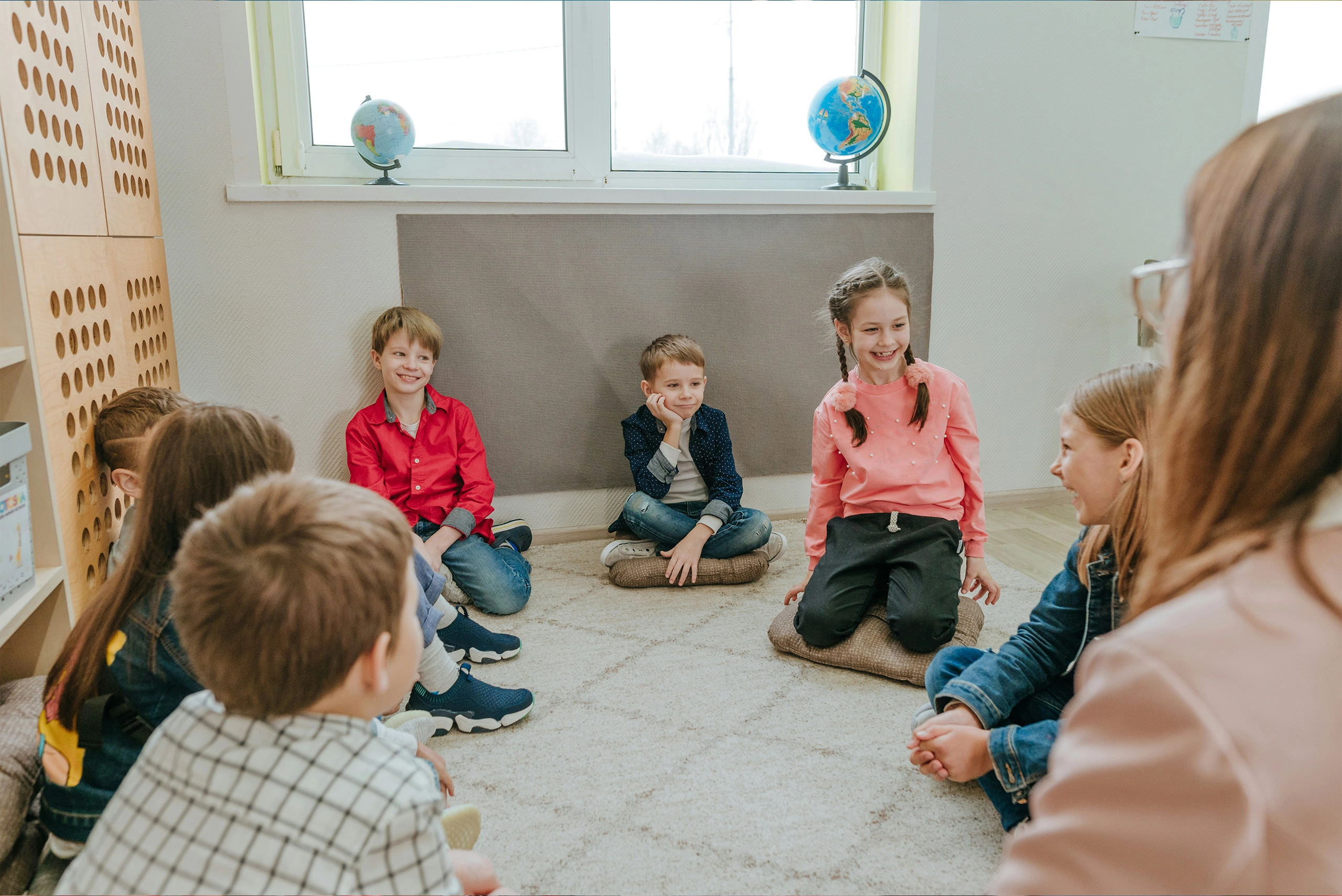
Group Therapy
Performed by: BCBAs (RBTs can assist in group settings)
Description: Group therapy sessions provide a supportive environment for practicing social interactions with other individuals. Led by therapists, these small groups engage in activities such as games, cooperative tasks, and discussion sessions that promote social interaction and cooperation. Group therapy allows individuals with ASD to practice and refine their social skills in a safe and structured setting, receiving feedback and encouragement from both therapists and peers.
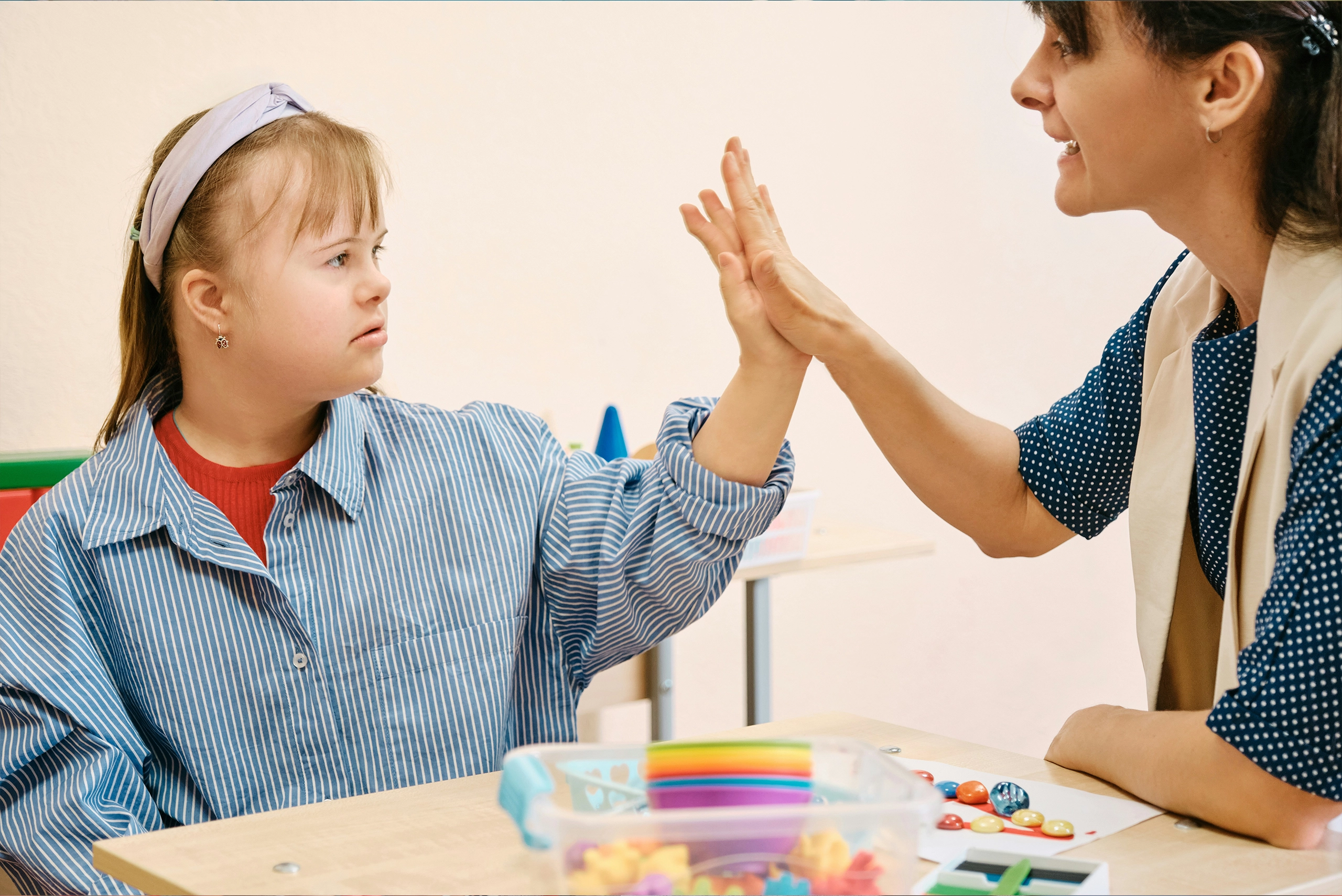
Social Skills Groups
Performed by: Speech-Language Pathologists or other trained professionals (not typically by BCBAs or RBTs)
Description: Social skills groups are often facilitated by speech-language pathologists or other trained professionals. These groups are similar to group therapy but focus more on communication and interaction skills from a linguistic perspective. Activities might include structured games, role-playing, and guided discussions to improve conversational abilities and social understanding.
Social Skills Groups
Performed by: Speech-Language Pathologists or other trained professionals (not typically by BCBAs or RBTs)
Description: Social skills groups are often facilitated by speech-language pathologists or other trained professionals. These groups are similar to group therapy but focus more on communication and interaction skills from a linguistic perspective. Activities might include structured games, role-playing, and guided discussions to improve conversational abilities and social understanding.

Start Your Child’s ABA Therapy Journey Today
Our compassionate, collaborative ABA therapy empowers children and families to thrive. Together, we nurture connections, fuel progress, and embrace a brighter future through evidence-based care.
Ideal Outcomes of Enhancing Social Skills
The primary goal of enhancing social skills in individuals with ASD is to enable them to form and maintain relationships, participate in social activities, and experience a sense of belonging. The following are key outcomes associated with improved social skills:
- Formation and Maintenance of Relationships: By developing better social skills, individuals with ASD can form more meaningful and lasting relationships with family members, peers, and community members. These relationships are essential for emotional support and social integration.
- Increased Participation in Social Activities: Enhanced social skills enable individuals with ASD to engage more actively in social activities, such as school events, community programs, and recreational activities. This participation fosters a sense of inclusion and belonging.
- Improved Self-Esteem and Confidence: Successfully navigating social interactions can significantly boost an individual’s self-esteem and confidence. As they become more adept at understanding social cues and responding appropriately, their overall sense of competence and self-worth improves.
- Enhanced Emotional Well-Being: Social connections and interactions are crucial for emotional health. Improved social skills help reduce feelings of loneliness and isolation, contributing to better emotional well-being.
- Greater Independence: Mastering social skills contributes to greater independence, as individuals with ASD can navigate social situations more effectively without needing constant support or intervention.
Conclusion
Enhancing social skills in individuals with ASD is a critical component of their overall development and well-being. Through targeted techniques such as social skills training, peer-mediated interventions, and group therapy, BCBAs and RBTs play a vital role in helping individuals with ASD improve their social interactions. Additionally, speech-language pathologists and other trained professionals contribute through social skills groups. The outcomes of these efforts are profound, leading to improved relationships, increased participation in social activities, and enhanced emotional well-being. By focusing on meaningful and practical improvements in social skills, therapists enable individuals with ASD to lead more fulfilling and independent lives, fostering their integration into society and enhancing their quality of life.
